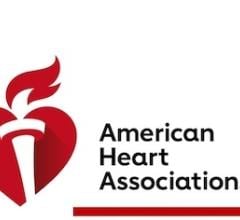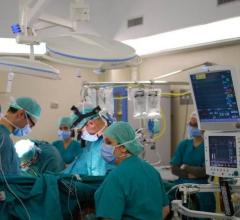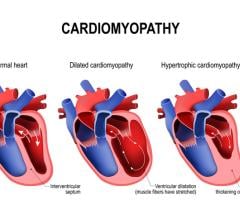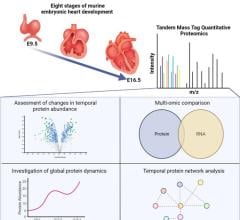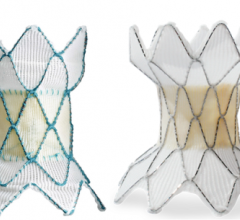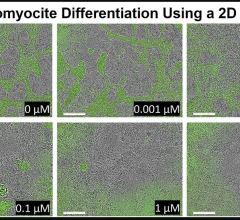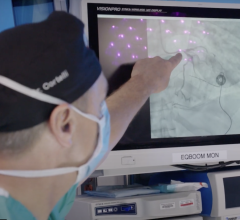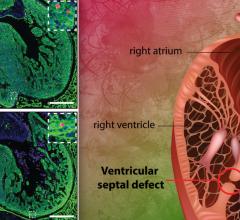
June 30, 2016 — CorMatrix Cardiovascular Inc. announced the treatment of the first patients using its CorMatrix Tyke, a product specifically designed and cleared for cardiac tissue repairs in neonates and infants. The product received U.S. Food and Drug Administration (FDA) 510(k) clearance in February 2016.
CorMatrix Tyke is intended for use in neonates and infants for repair of pericardial structures, as an epicardial covering for damaged or repaired cardiac structures, as a patch material for intracardiac defects, septal defects and annulus repair, suture-line buttressing, and cardiac repair. Tyke is made of two layers of CorMatrix ECM (extracellular matrix) as compared to the four layers of the current CorMatrix ECM for Cardiac Tissue Repair, therefore providing a thinner product for smaller repairs.
Frank Scholl, M.D., chief, pediatric and congenital heart surgery and surgical director, pediatric heart transplant, and Steven Bibevski, M.D., pediatric and congenital cardiac surgeon, both at Joe DiMaggio Children’s Hospital in Hollywood, Fla., were the first to implant the CorMatrix Tyke ECM device. The company is implementing a phased commercial launch of the device involving approximately 20 pediatric centers who will be trained and certified to receive the device.
Tyke was developed as an alternative to synthetic grafts or patches, and for complex reconstructive surgeries in neonates and infants with congenital heart defects (CHD).
Scholl noted, “The availability of Tyke and its two-ply construction will allow us the ability to repair the tiniest structures in the most delicate and tiniest of newborn babies, and achieve a more accurate — and hopefully — more durable repair. We are excited about the future Tyke provides for our most fragile patients.”
The American Academy of Pediatrics and the Congenital Heart Public Health Consortium (CHPHC) estimates congenital heart defects are the most common birth defects. Nearly 1 of every 100 babies is born with a CHD and each year, approximately 40,000 babies are born in the United States with a congenital heart defect. Most CHD-related surgical procedures require the use of prosthetic material for reconstruction of intracardiac and extra cardiac structures. Several different biological and prosthetic materials are commonly used in surgery including autologous pericardium, preserved homograft, bovine pericardium and polytetrafluoroethylene. None of these alternatives represents the ideal prosthetic tissue, which should be pliable and easy to handle, resistant to calcification or shrinkage. Most importantly, it should have growth potential and should not induce formation of scar tissue.¹
For more information: www.cormatrix.com


 March 31, 2025
March 31, 2025 
